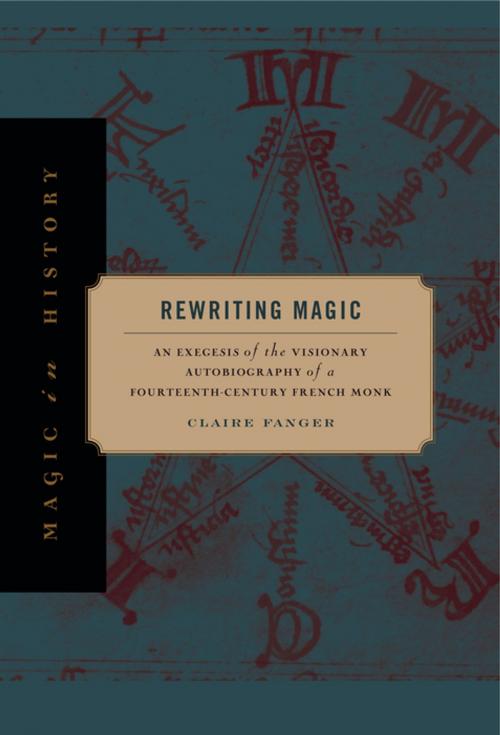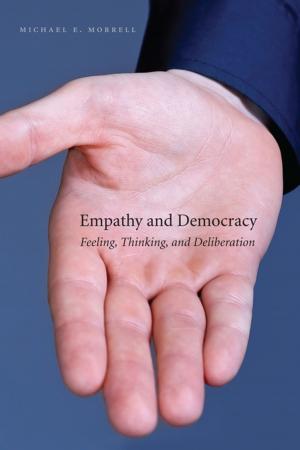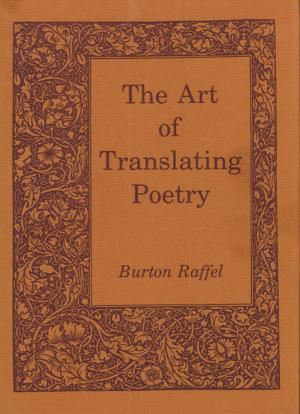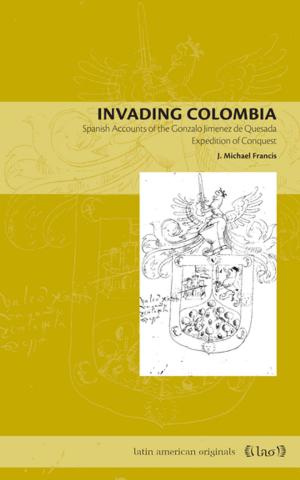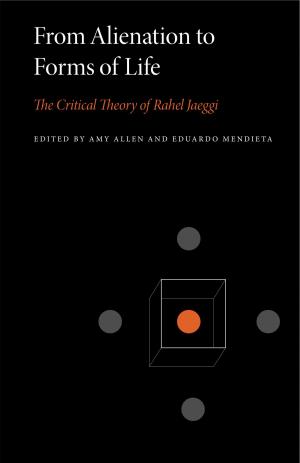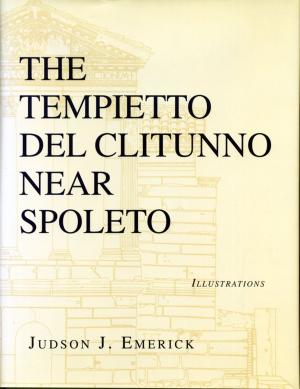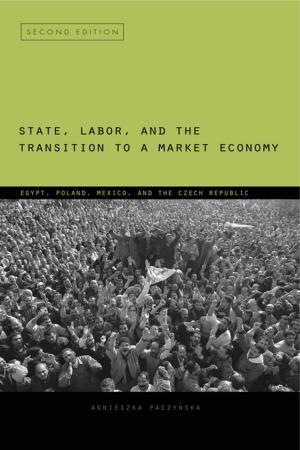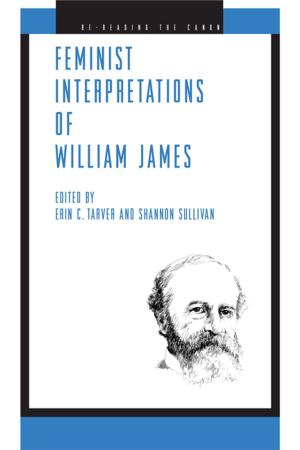Rewriting Magic
An Exegesis of the Visionary Autobiography of a Fourteenth-Century French Monk
Nonfiction, Religion & Spirituality, Reference, History, New Age, Magic Studies, Medieval| Author: | Claire Fanger | ISBN: | 9780271072012 |
| Publisher: | Penn State University Press | Publication: | May 4, 2015 |
| Imprint: | Penn State University Press | Language: | English |
| Author: | Claire Fanger |
| ISBN: | 9780271072012 |
| Publisher: | Penn State University Press |
| Publication: | May 4, 2015 |
| Imprint: | Penn State University Press |
| Language: | English |
In Rewriting Magic, Claire Fanger explores a fourteenth-century text called The Flowers of Heavenly Teaching. Written by a Benedictine monk named John of Morigny, the work all but disappeared from the historical record, and it is only now coming to light again in multiple versions and copies. While John’s book largely comprises an extended set of prayers for gaining knowledge, The Flowers of Heavenly Teaching is unusual among prayer books of its time because it includes a visionary autobiography with intimate information about the book’s inspiration and composition. Through the window of this record, we witness how John reconstructs and reconsecrates a condemned liturgy for knowledge acquisition: the ars notoria of Solomon. John’s work was the subject of intense criticism and public scandal, and his book was burned as heretical in 1323. The trauma of these experiences left its imprint on the book, but in unexpected and sometimes baffling ways. Fanger decodes this imprint even as she relays the narrative of how she learned to understand it. In engaging prose, she explores the twin processes of knowledge acquisition in John’s visionary autobiography and her own work of discovery as she reconstructed the background to his extraordinary book. Fanger’s approach to her subject exemplifies innovative historical inquiry, research, and methodology. Part theology, part historical anthropology, part biblio-memoir, Rewriting Magic relates a story that will have deep implications for the study of medieval life, monasticism, prayer, magic, and religion.
In Rewriting Magic, Claire Fanger explores a fourteenth-century text called The Flowers of Heavenly Teaching. Written by a Benedictine monk named John of Morigny, the work all but disappeared from the historical record, and it is only now coming to light again in multiple versions and copies. While John’s book largely comprises an extended set of prayers for gaining knowledge, The Flowers of Heavenly Teaching is unusual among prayer books of its time because it includes a visionary autobiography with intimate information about the book’s inspiration and composition. Through the window of this record, we witness how John reconstructs and reconsecrates a condemned liturgy for knowledge acquisition: the ars notoria of Solomon. John’s work was the subject of intense criticism and public scandal, and his book was burned as heretical in 1323. The trauma of these experiences left its imprint on the book, but in unexpected and sometimes baffling ways. Fanger decodes this imprint even as she relays the narrative of how she learned to understand it. In engaging prose, she explores the twin processes of knowledge acquisition in John’s visionary autobiography and her own work of discovery as she reconstructed the background to his extraordinary book. Fanger’s approach to her subject exemplifies innovative historical inquiry, research, and methodology. Part theology, part historical anthropology, part biblio-memoir, Rewriting Magic relates a story that will have deep implications for the study of medieval life, monasticism, prayer, magic, and religion.
